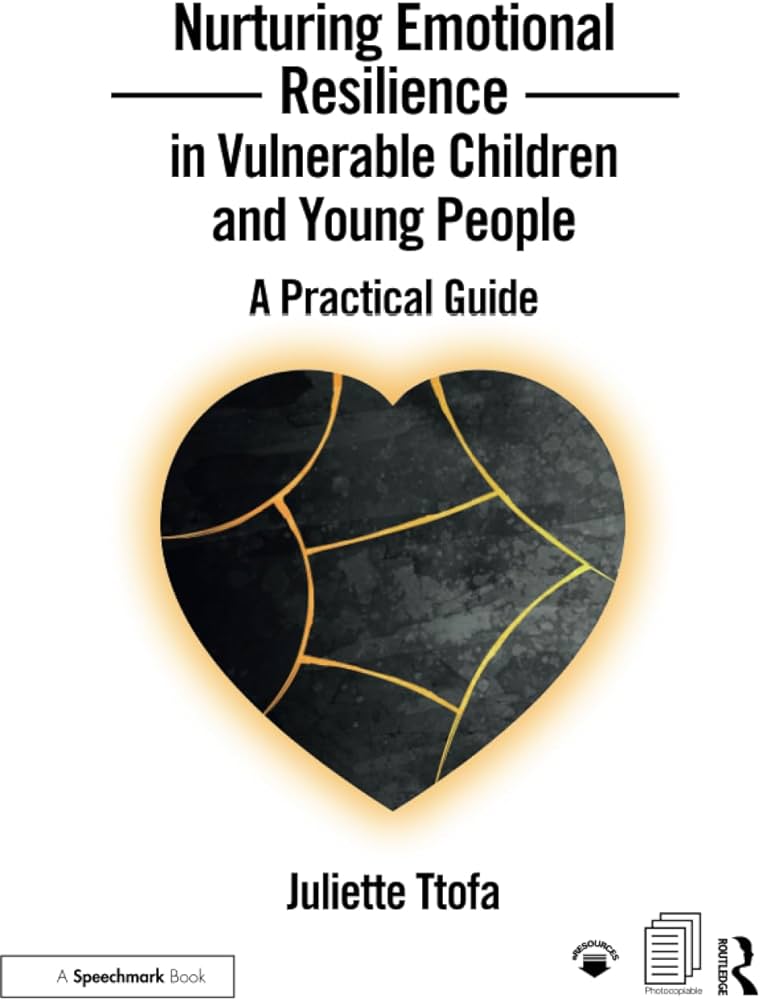When it comes to raising children, we all want them to grow up to be strong, confident, and resilient individuals. Life is bound to throw challenges their way, whether it’s a difficult test at school, a falling out with friends, or navigating the complexities of their own emotions. As parents, we have the power to help our children develop emotional resilience, a crucial skill that will serve them throughout their lives.
Emotional resilience is the ability to adapt, bounce back, and recover from stress, adversity, and setbacks. It enables individuals to face challenges with confidence, maintain good mental health, and effectively cope with the ups and downs of life. While some children seem to be naturally resilient, it’s a skill that can be nurtured and cultivated in all children with the right guidance and support.
One of the fundamental aspects of nurturing emotional resilience in children is creating a safe and loving environment at home. A warm and nurturing family provides children with a sense of security, which acts as a solid foundation for them to explore the world and take risks. By offering unconditional love and acceptance, we give our children the confidence to face challenges knowing that they are loved and supported, even if things don’t go as planned. This sense of security allows them to develop resilience and bounce back from setbacks.
Another important factor in cultivating emotional resilience is teaching children how to manage their emotions effectively. Emotions are a natural and essential part of being human, but it’s crucial for children to learn how to recognize and regulate their emotions in a healthy manner. By helping them identify and label their feelings, we give them the tools to express themselves and develop self-awareness.
When children face difficult situations, it’s essential to encourage them to talk about their emotions freely. By creating a safe space for them to share their feelings, we teach them that it’s okay to express vulnerability and seek support when needed. This not only helps them process and navigate through their emotions effectively but also reinforces the idea that it’s okay to ask for help. Sometimes, simply listening and offering a comforting presence can make a world of difference to a child who is struggling.
In addition to creating a supportive environment, it’s crucial to teach children problem-solving skills. Resilient individuals are not afraid to face challenges head-on and find creative solutions to overcome them. Encourage your child to think critically, explore different options, and make decisions independently. By giving them the freedom to make choices and experience the consequences, you are helping them develop problem-solving skills and improve their decision-making abilities.
Resilient individuals also possess a positive mindset. Encourage your child to focus on their strengths and achievements, rather than dwelling on their failures. Teach them to view setbacks as learning opportunities and to embrace a growth mindset, where they believe that they can improve through effort and perseverance. Help them set realistic goals and celebrate their successes, no matter how small. By promoting a positive mindset, you are equipping your child with the tools to face challenges with optimism and resilience.
It is also essential to teach children healthy coping mechanisms. Encourage them to engage in activities that bring them joy and help them unwind. Whether it’s playing a musical instrument, painting, participating in sports, or spending time in nature, finding healthy outlets for emotions and stress can significantly contribute to emotional resilience. By modeling healthy coping mechanisms ourselves, we show our children effective ways to manage and regulate their emotions.
Furthermore, it’s important for parents to be mindful of their own reactions and behaviors. Children are like sponges, absorbing everything that happens around them. As parents, we need to be mindful of the way we handle challenges and setbacks ourselves. By demonstrating resilience in our own lives, we become powerful role models for our children. Show them how you effectively cope with stress, how you bounce back from setbacks, and how you maintain a positive mindset. Your actions will have a lasting impact on their own ability to navigate through life’s obstacles.
In conclusion, emotional resilience is a crucial skill that we can help nurture in our children. By providing a loving and supportive environment, teaching them to manage their emotions effectively, and equipping them with problem-solving skills, a positive mindset, and healthy coping mechanisms, we empower our children to become resilient individuals who can face life’s challenges with confidence and determination. Remember, we are not just raising children; we are raising future resilient adults who will thrive in an ever-changing world.
